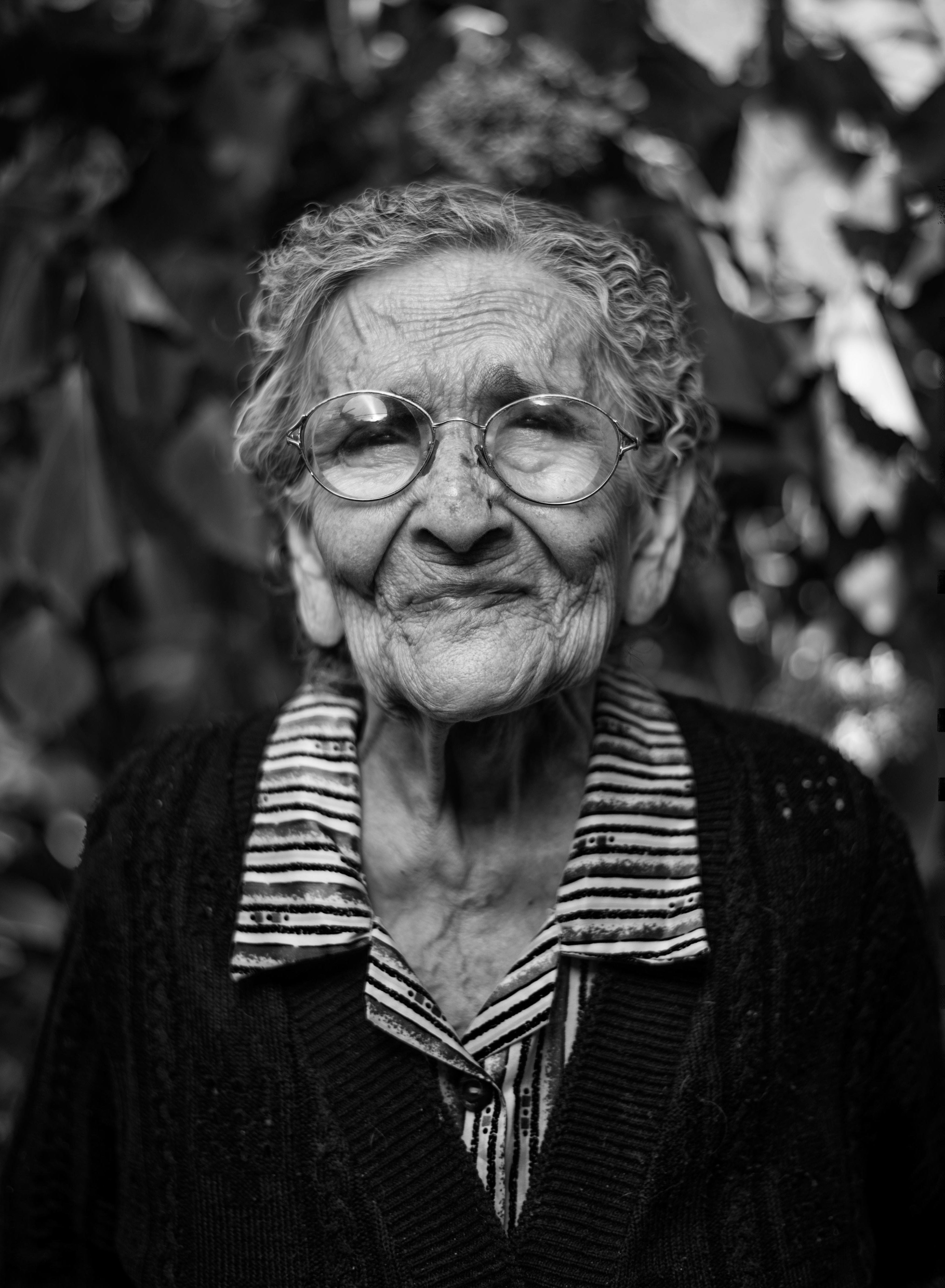In the eighth issue of Clerestory Magazine, contributors confront the joys and pains of being a body.
Listen to this issue’s playlist on Spotify.
Dear Reader,
Nearly nine years ago, I participated in a workshop on embodiment as part of a yoga teacher training. The teacher asked us to draw a picture of our bodies. While my classmates drew arms, legs, torsos, faces, I drew a pink circle and wrote “body” beneath it. She prompted us, “Now, look at your drawing. What emotions does it evoke? What does it say about your relationship with your body?” I looked at my own work in astonishment. I’d drawn a concept, not a human body. The irony did not escape me. Even in the midst of 30 days of practicing yoga for nearly ten hours a day, even as every muscle in my body ached telling me they were there, I felt disembodied.
Embodiment has historically been challenging for me, as it is for many people. I associated my “self” with my mind alone. The body, more often than not, felt like an inconvenience and something to be controlled, never indulged. There was no real joy in it. And should I have been surprised? As a biracial Indian American woman, I'd received many confusing messages by the time I'd reached my early 20s, and even as much as I tried to embrace my body with love, I still felt like I was hovering above myself.
Psychotherapist and researcher, Dr. Hillary McBride's work can help us understand why so many of us, especially women, feel this way. She writes in The Wisdom of Your Body, “We did not find our way to a disembodied existence on our own: we had millennia of help.” Dualistic views of personhood named a fundamental split between the noble mind (or soul) and the inferior, fallen body to our detriment. Christian intellectual and church history, McBride argues, “put the body in a straightjacket.” Purity culture, which draws false equivalencies between the female body and objects like a tarnished coin, a bruised flower, or a used handkerchief, further compounds this pain, often creating lifelong struggles with seeing the body as good and whole.
McBride writes movingly about healing through adopting a non-dual, felt understanding of the body: “Our body and our personhood are so intimately connected that they can never be separated. We are not just a mind, or brain, carried around by a meat-puppet of flesh and bones... embodiment is a coming home, a remembering of our wholeness, and a reunion with the fullness of ourselves.”
The thing is, the experience of embodiment is not an unending string of delight. Embodiment is challenging and humbling. The body is the site of pain, of hunger, of illness and injury. We process emotions through our bodies. We grieve through the body. We age. We die. One only need know someone who's given birth or a loved one with cancer to understand that embodiment is the work of warriors.
I love the oft-quoted line from Mary Oliver’s “Wild Geese,” which reads, “You do not have to be good. You do not have to walk on your knees for a hundred miles through the desert repenting. You only have to let the soft animal of your body love what it loves.” Because being embodied is beautiful, too. Our bodies are bridges to each other and to the world around us. Being human means being a body. What a profound gift.
As you know, our themes in Clerestory are intentionally broad to leave room for true expression. The greatest joy in being an editor is releasing the call for submissions and seeing the constellation of responses. Without fail, the editorial process shows me new dimensions of the human experience and yet our shared humanity. To meditate on the body means to meditate on love; on pregnancy, childbirth, and parenthood; on mortality; and much more.
I hope you find these essays and poems insightful and helpful on your journey to remembering your own beauty and wholeness. What we need for our own healing is actually right here.
With gratitude,
Sarah James
Featured image by Daniel Casson
Sarah James is the editor-in-chief and founder of Clerestory Magazine.
Discover more from Sarah James.







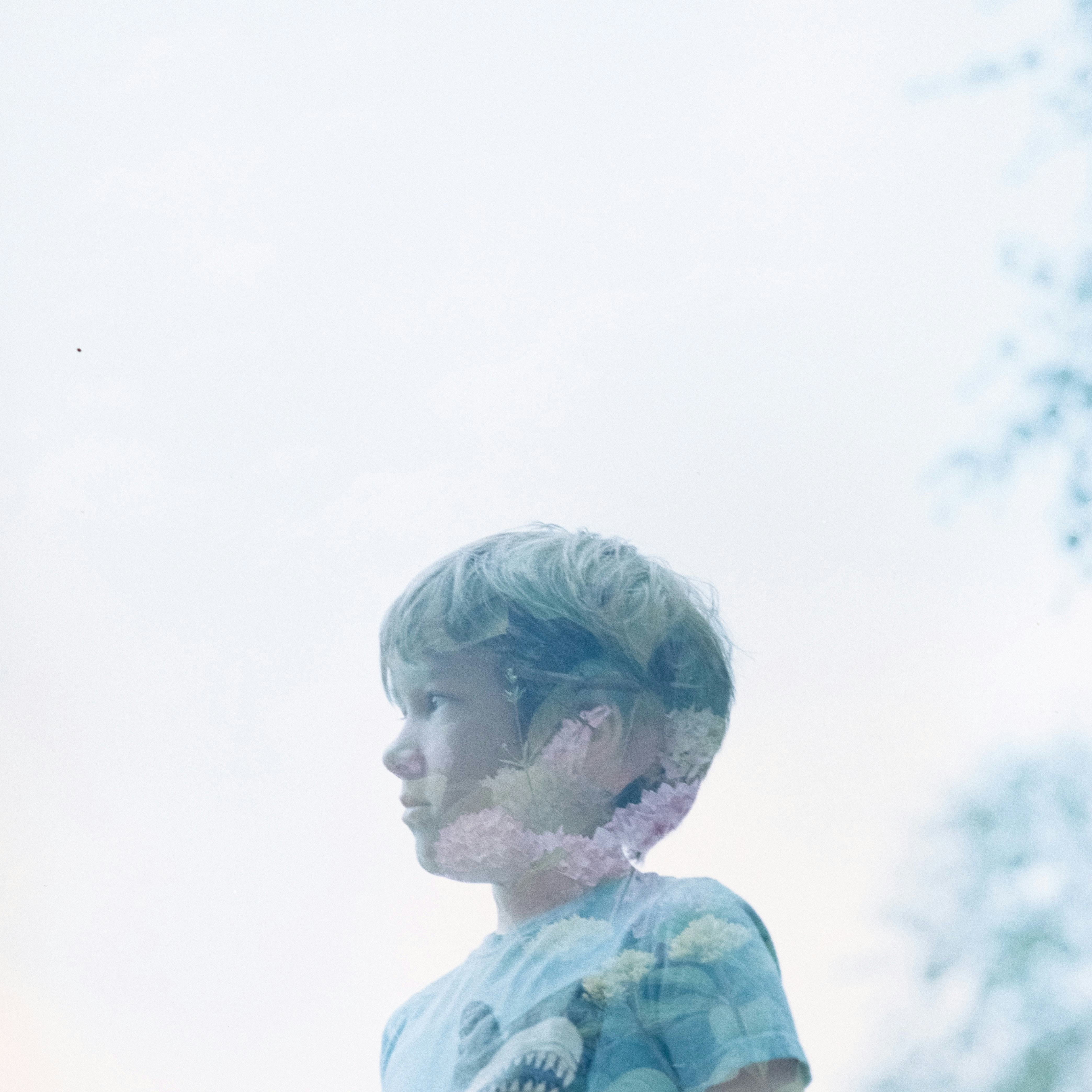
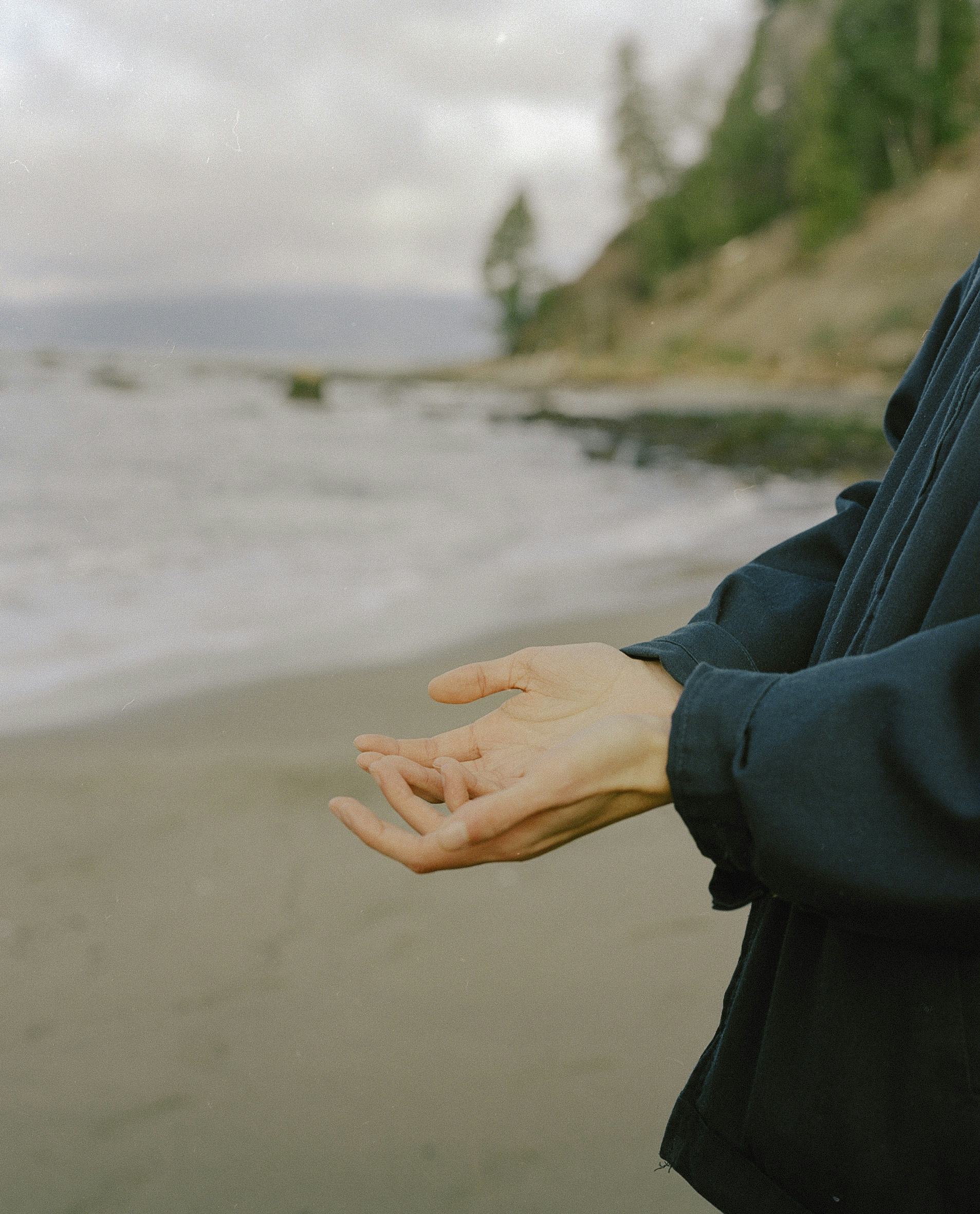
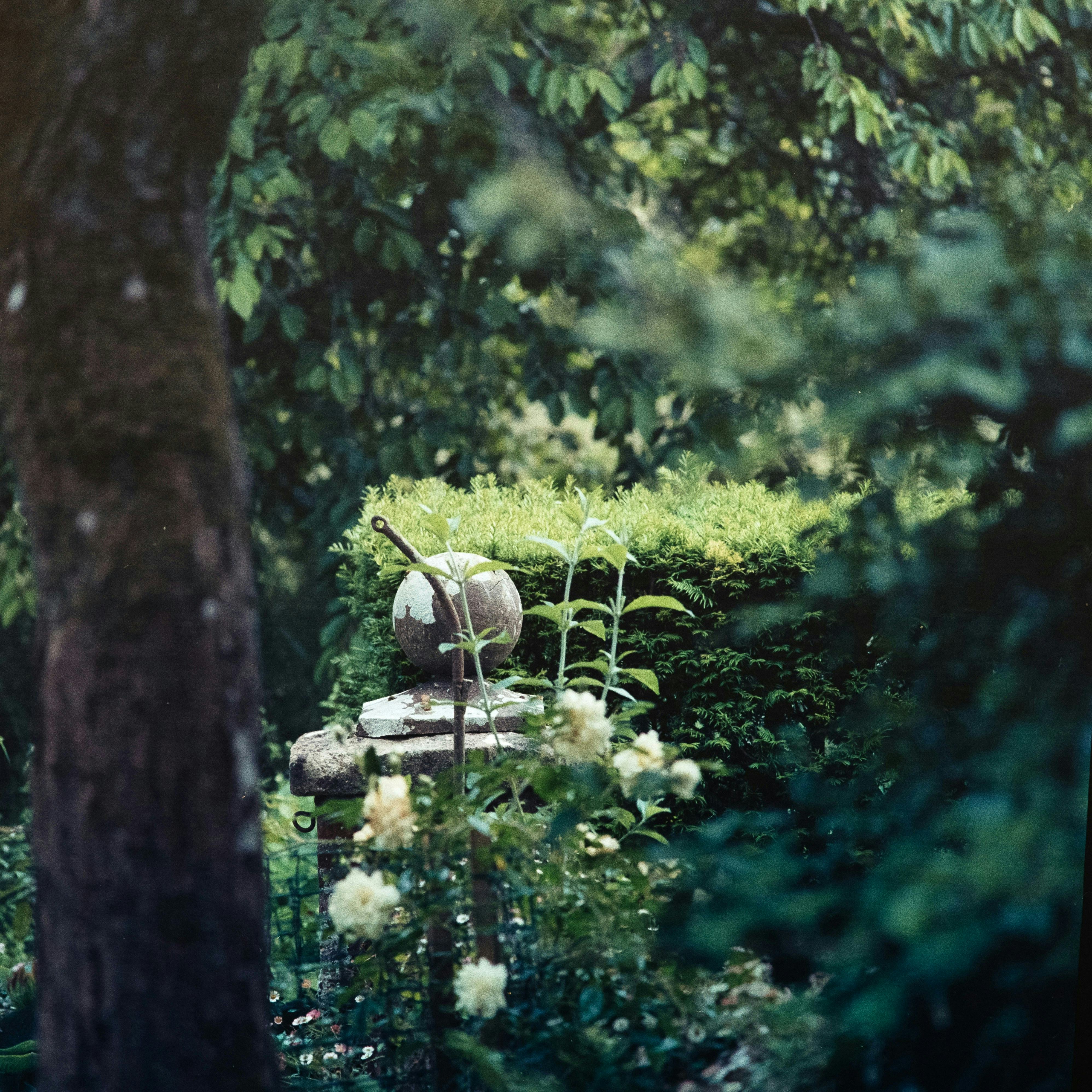
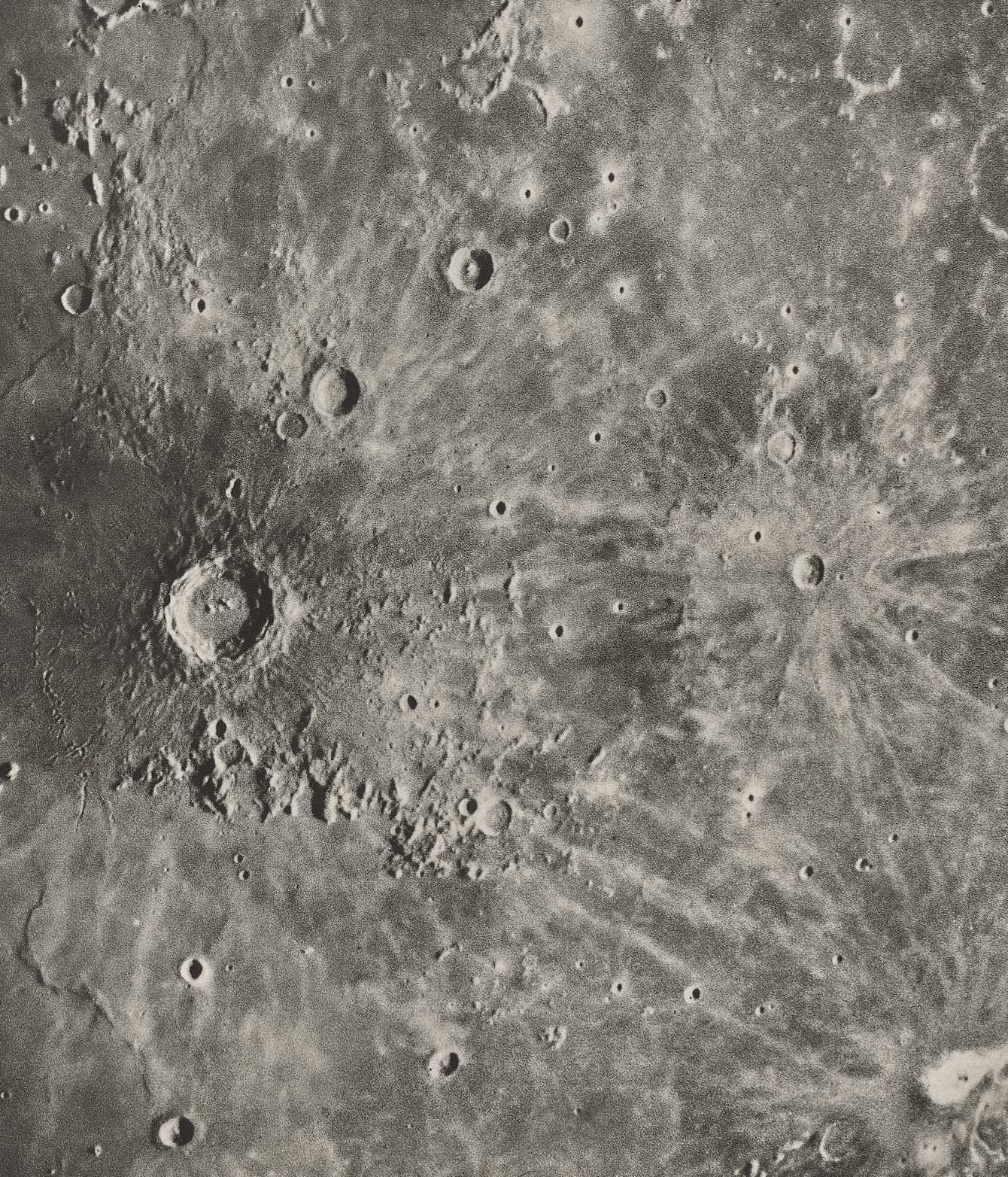
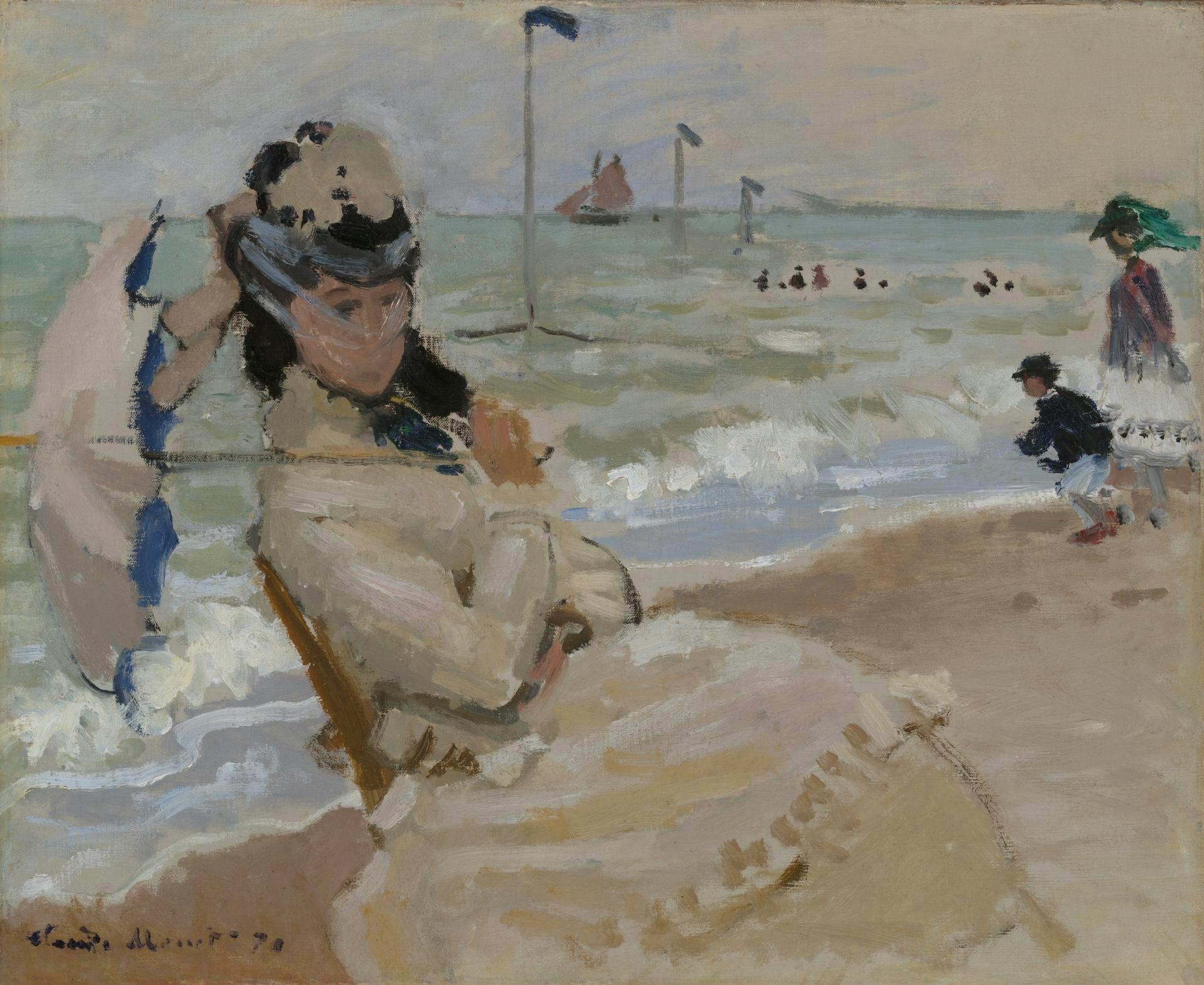
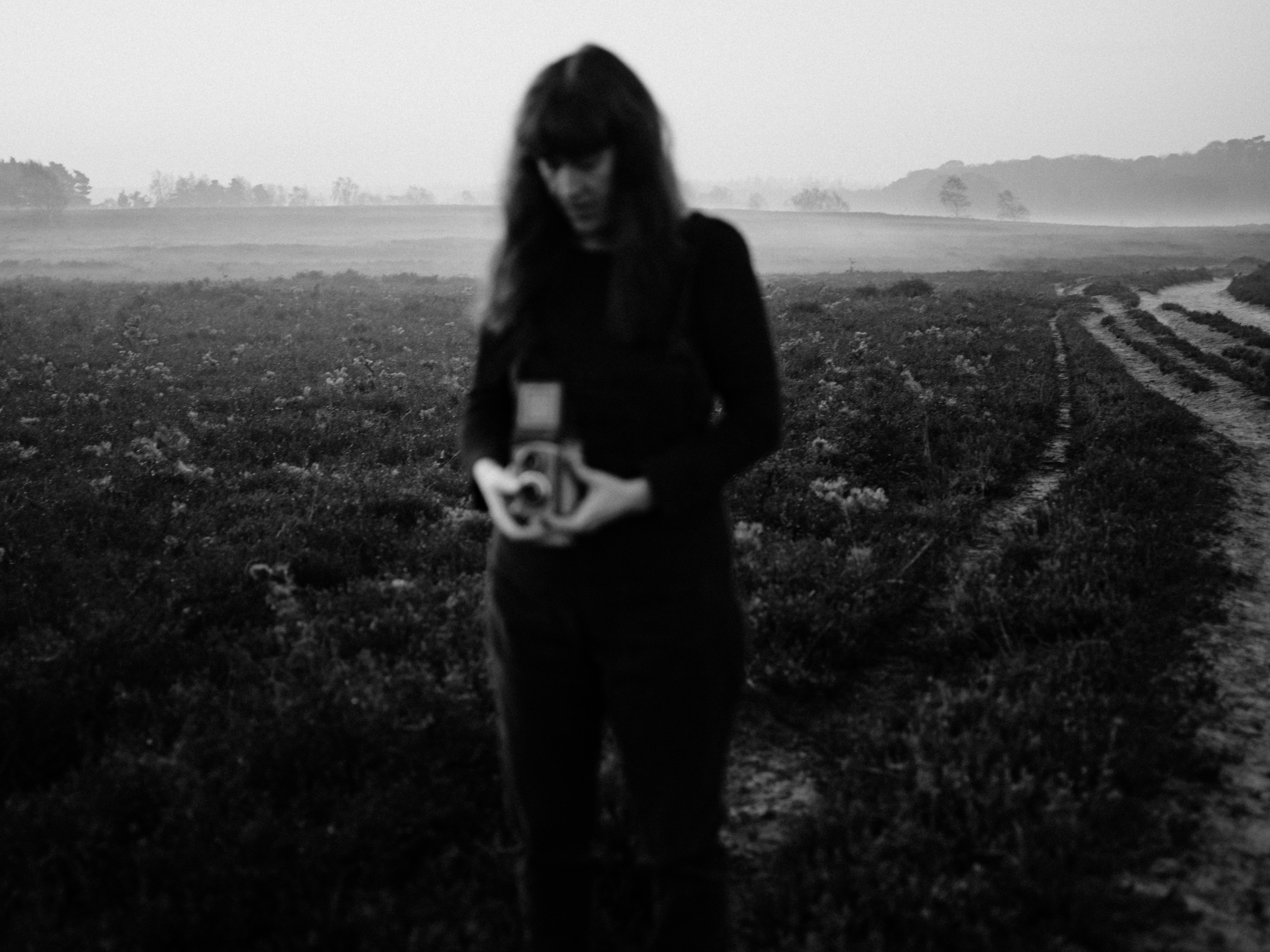

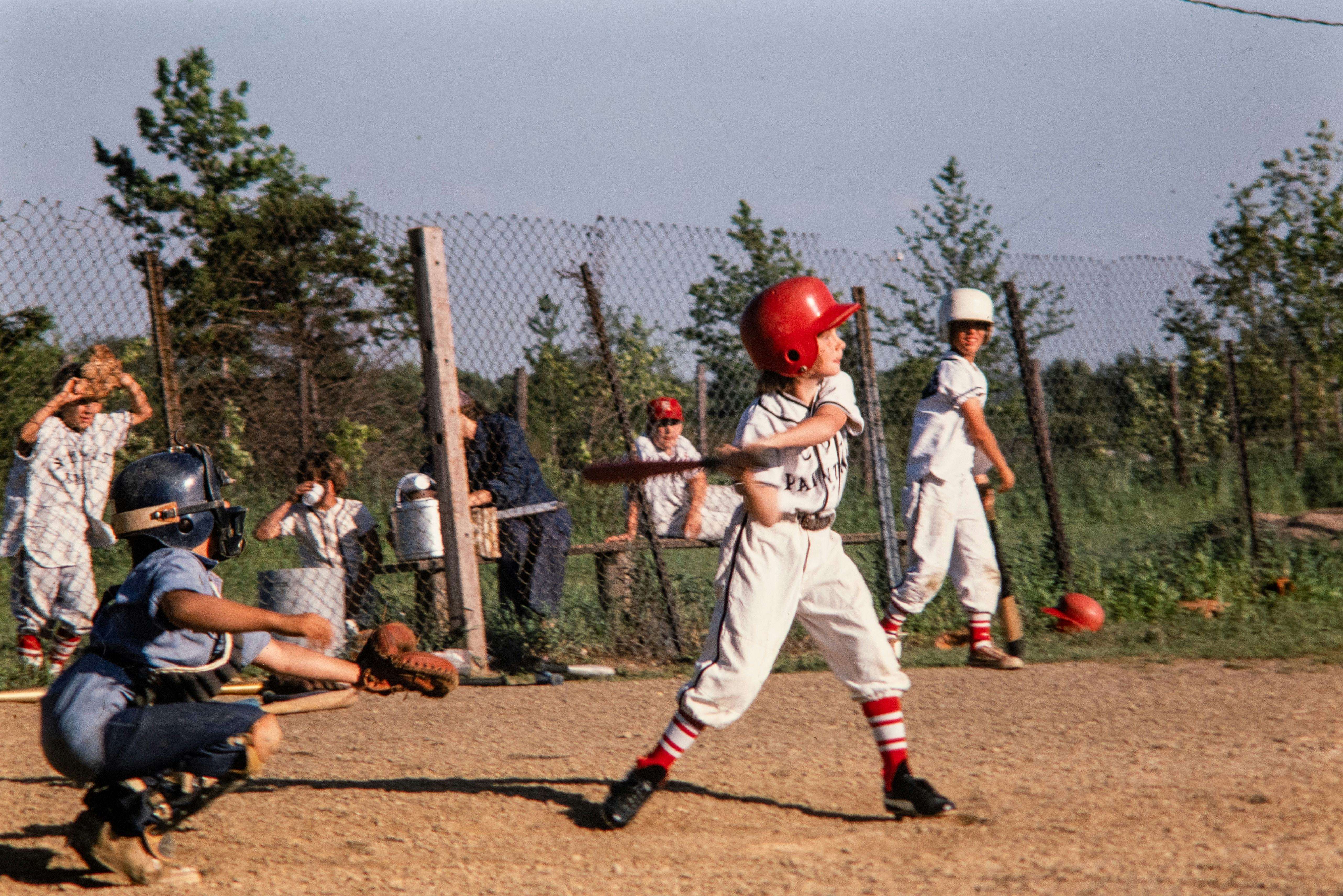

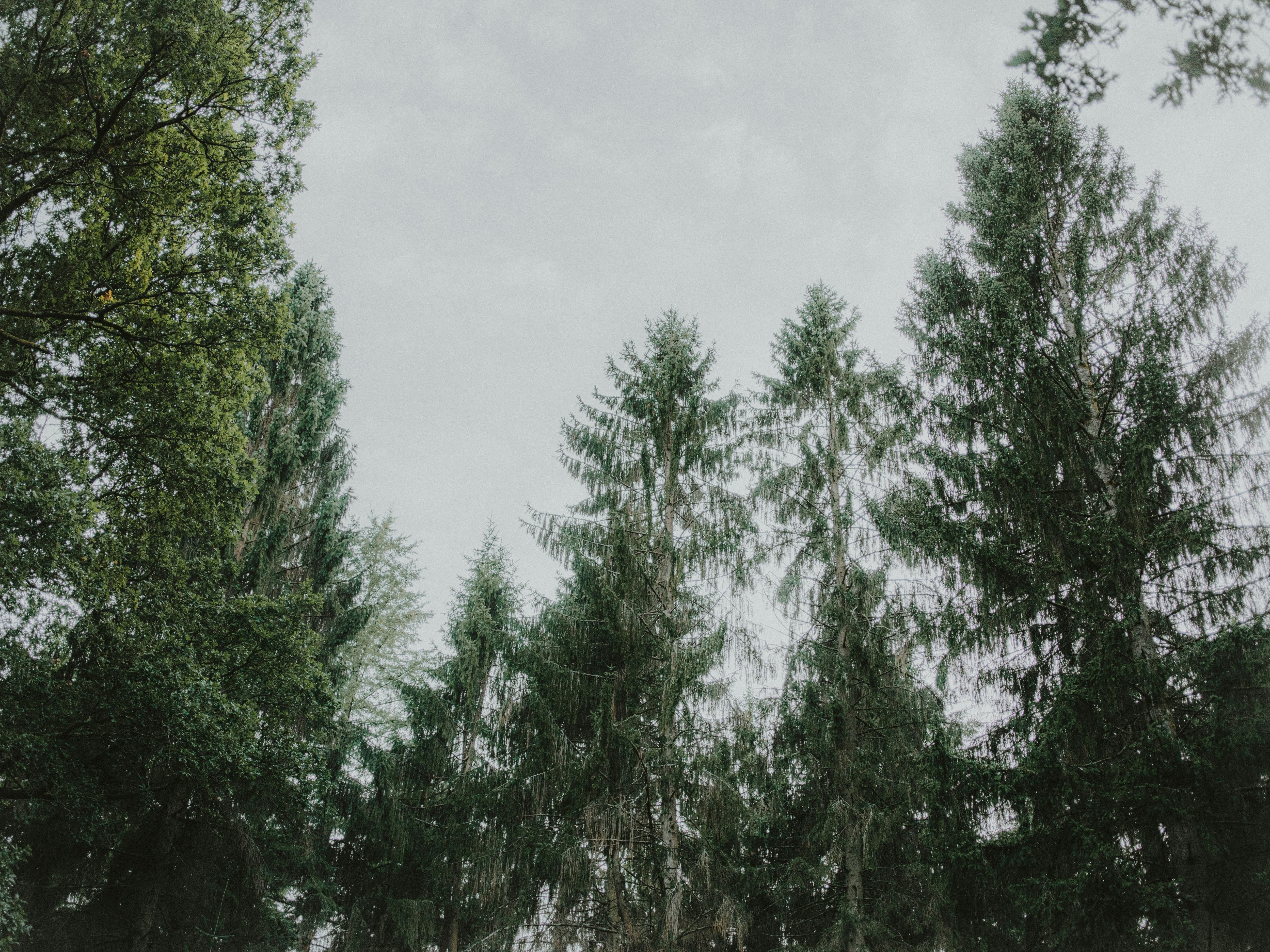
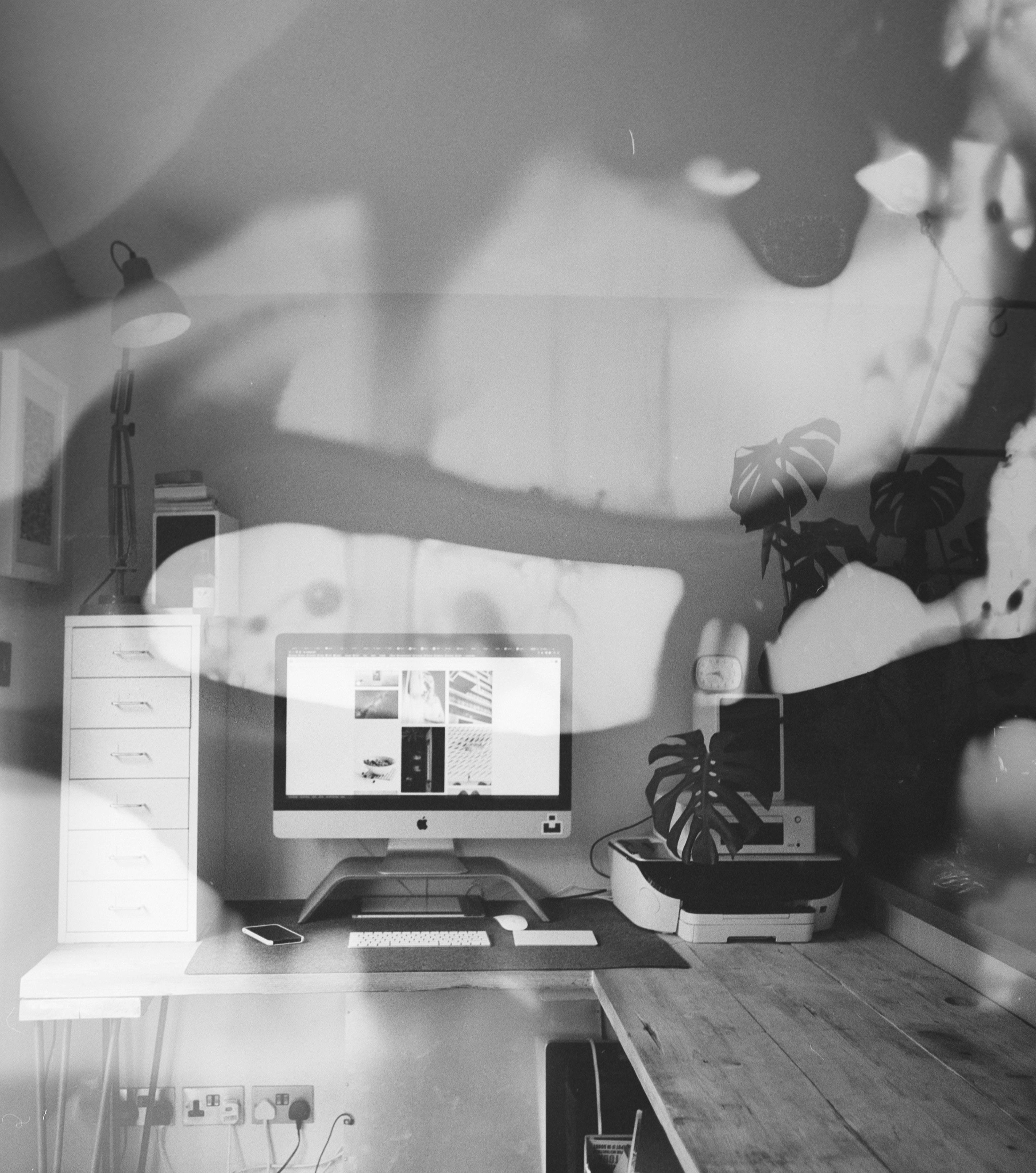
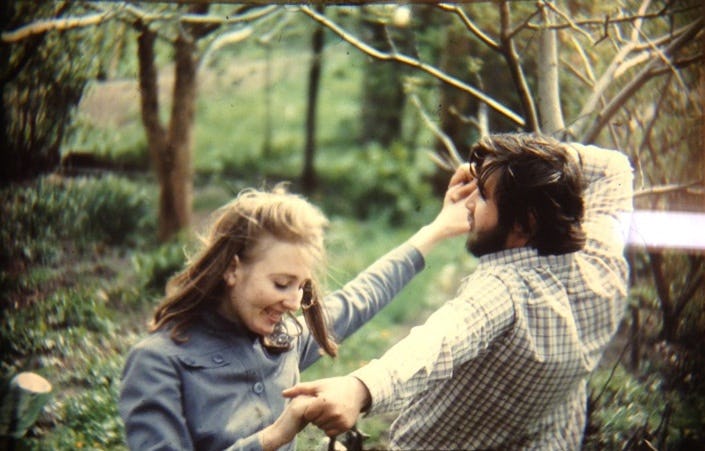
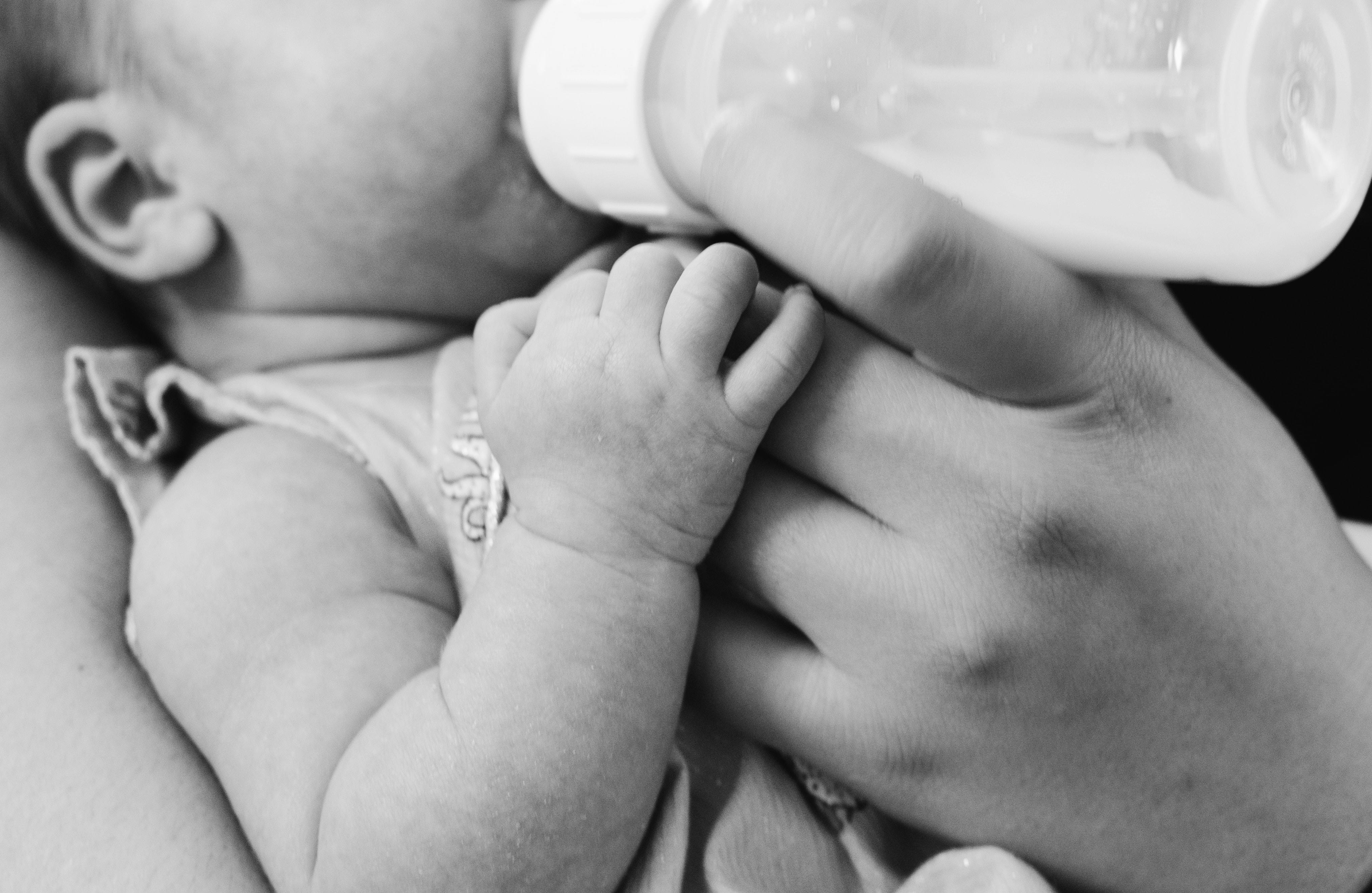
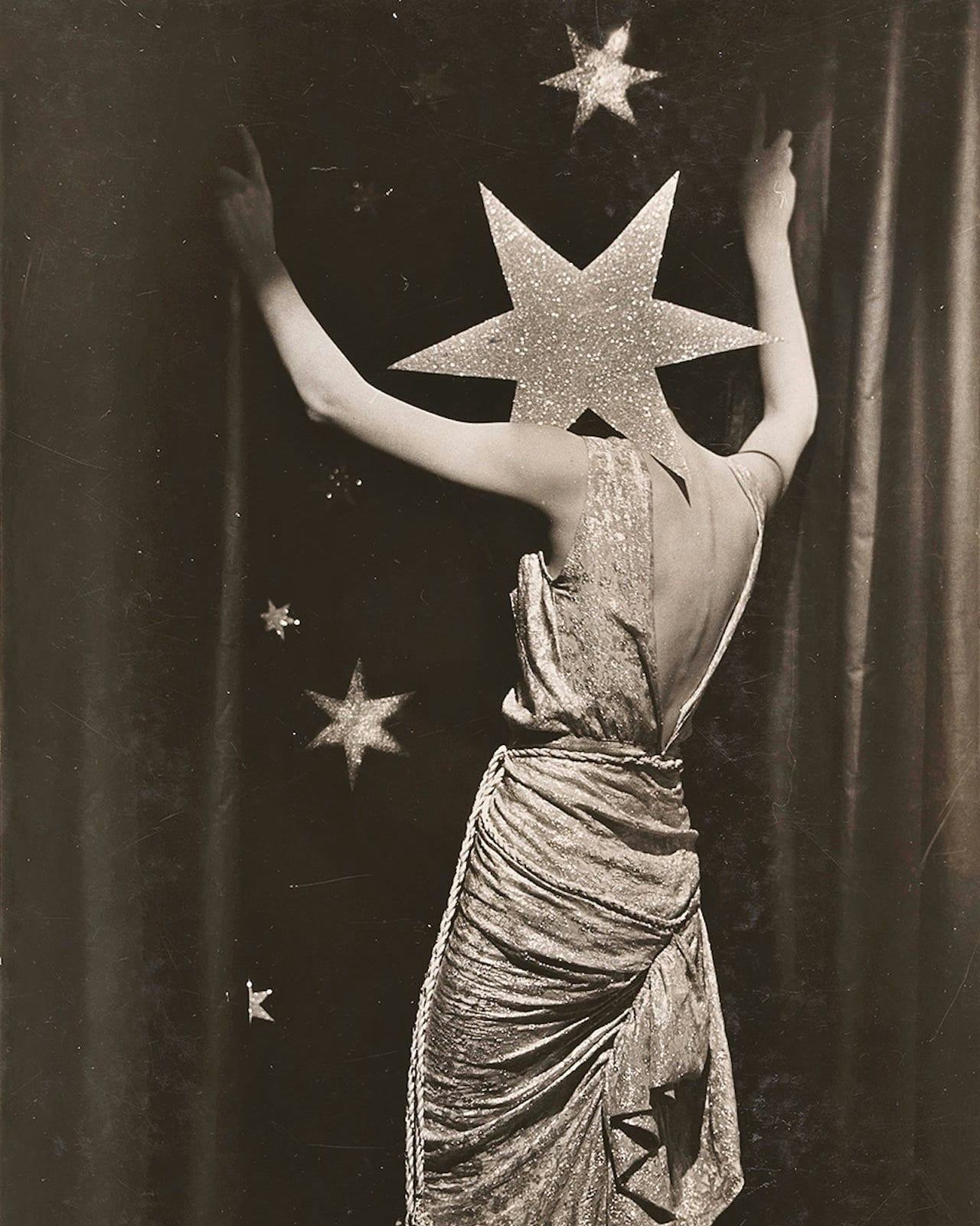
.jpg?ixlib=gatsbyFP&auto=compress%2Cformat&fit=max&q=50&w=5329&h=6621)
